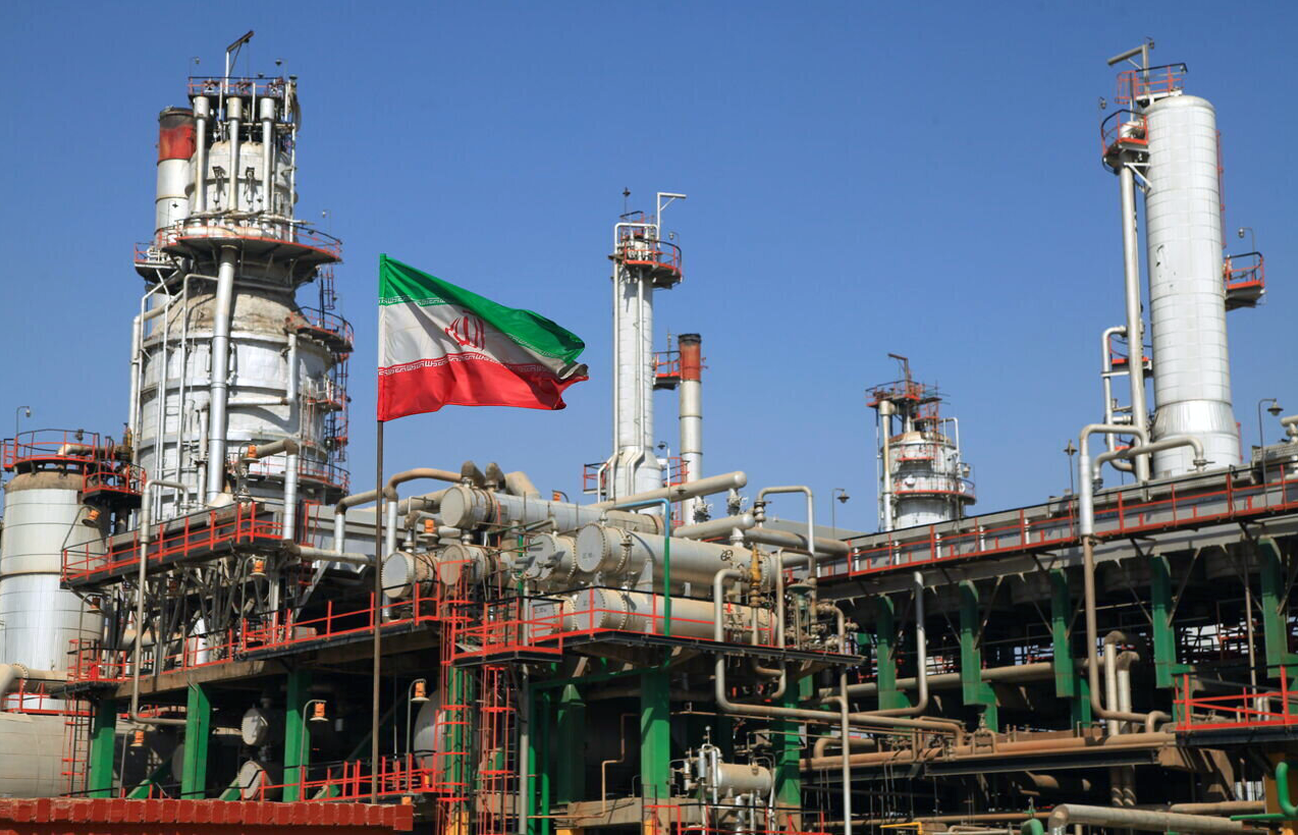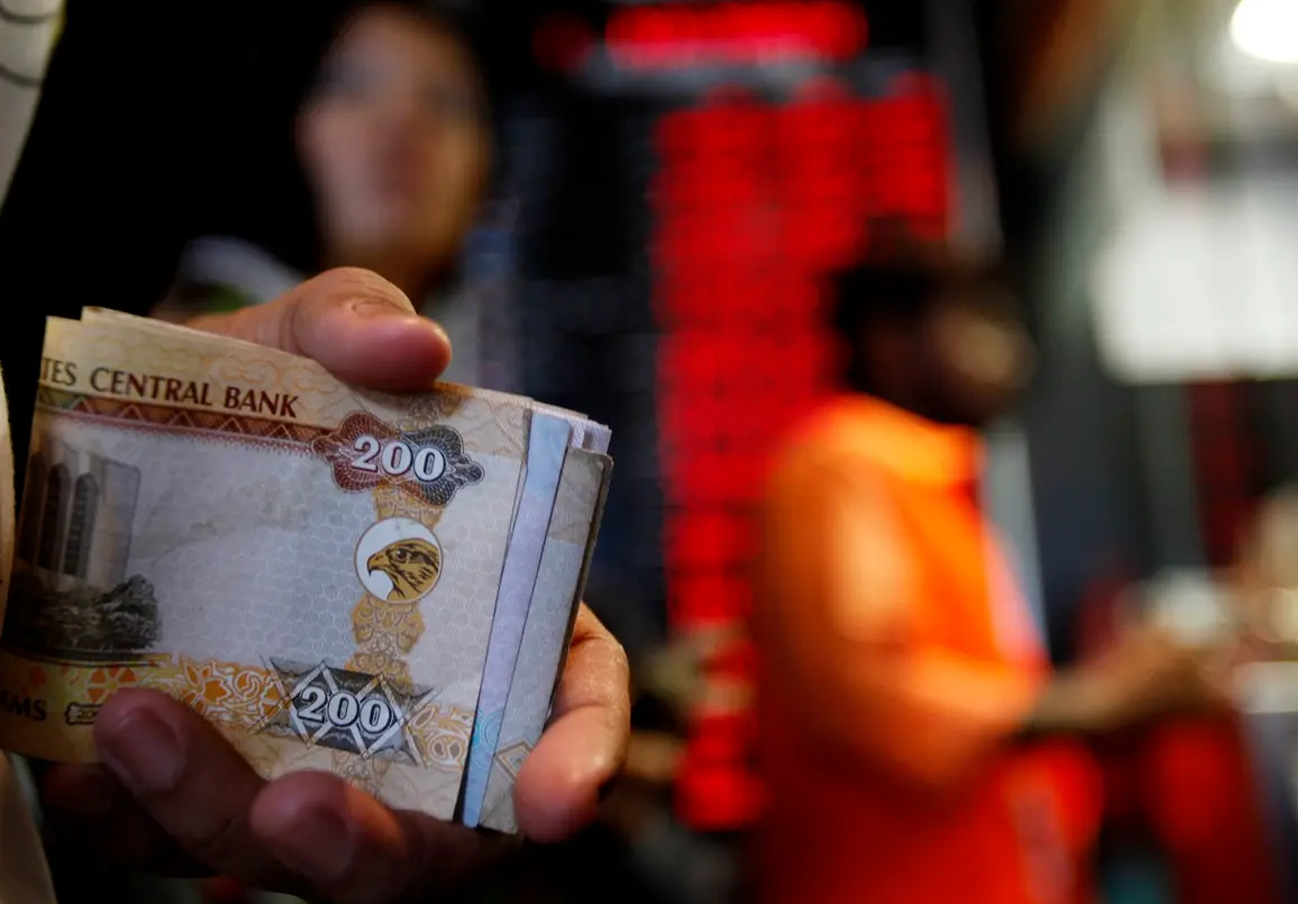First published in:

Rutledge, E. J. (2005, November 3). Iran – a threat to the petrodollar? Al Jazeera. https://www.aljazeera.com/news/2005/11/3/iran-a-threat-to-the-petrodollar

This is primarily because of Iran’s reported intention to invoice energy contracts in euros rather than dollars.
The contention that this could unseat the dollar’s dominance as the de facto currency for oil transactions may be overstated, but this has not stopped many commentators from linking America’s current political disquiet with Iran to the proposed Iranian Oil Bourse (IOB).
The proposal to set up the IOB was first put forward in Iran’s Third Development Plan (2000-2005). Mohammad Javad Assemipour, who heads the project, has said that the exchange will strive to make Iran the main hub for oil deals in the region and that it should be operational by March 2006.
Geographically Iran is ideally located as it is in close proximity to major oil importers such as China, Europe and India.
It is unlikely, in the short term at least, that large numbers of energy traders will decamp and set up shop in Iran; a country which happens to be categorised as a member of the “axis of evil” by the president of the world’s largest oil-importing country; the United States.
But over time, Iran could take some business away from the two incumbent energy exchanges, the International Petroleum Exchange and the New York Mercantile Exchange who both invoice sales solely in dollars.
Economic motives
If successful, the IOB will provide Iran with concrete economic benefits especially if it invoices at least some of its energy contracts in euros.
Iran has around 126 billion barrels of proven oil reserves about 10% of the world’s total, and has the world’s second largest proven natural gas reserves.
From an economic perspective, invoicing oil in euros would be logical for Iran as trade with the euro zone countries accounts for 45% of its total trade. More than a third of Iran’s oil exports are destined for Europe, while oil exports to the United States are non existent.
The IOB could create a new euro denominated crude oil marker, which in turn would enable GCC nations to sell some of their oil for euros. The bourse should lead to greater levels of foreign direct investment in Iran’s hydrocarbon sector and if it facilitates futures trading it will give regional investors an alternative to investing in their somewhat overvalued stock markets.
Euro zone countries alone account for almost a third of Iran’s imports and currently Iran must exchange dollars earned from hydrocarbon exports into euros which involves exchange rate risk and transaction costs.
The decline in the dollar against the euro since 2002 – some 26% to date – has substantially reduced Iran’s purchasing power against its main importing partner.
If the decline continues, more states will increase the percentage of euros vis-à-vis the dollar they hold in reserve and in turn this will increase calls both in Iran and the GCC to invoice at least some of their oil exports in euros.
A move away from the dollar and a strengthening of the euro would further benefit Iran as according to a member of Iran’s Parliament Development Commission, Mohammad Abasspour, more than half of the country’s assets in the Forex Reserve Fund are now euros.
It is primarily the US which stands to lose out from any move away from the petrodollar status quo, it is the world’s largest importer of oil and a move away from invoicing oil in dollars to euros will undoubtedly have a negative effect on its economy.
Fewer nations would be willing to hold the dollar in reserve which would cause a significant devaluation and result in the loss seigniorage revenues. In addition, US energy-related companies stand to lose out as they will be unable to participate in the bourse due to the longstanding American trade embargo on Iran.
Political considerations
In the 1970s, not long after the collapse of the gold standard, the US agreed with Saudi Arabia that OPEC oil should be traded in dollars in effect replacing the gold standard with the oil standard.
Since then, consecutive US governments have been able to print dollar bills and treasury bonds in order to paper over huge current account and budgetary deficits, last year’s US current account deficit was $646 billion.
Needless to say, the current petrodollar system greatly benefits the US; it enables it to effectively control the world oil market as the dollar has become the fiat currency for international trade.
In terms of its own oil imports, the US can print dollar bills without exporting commodities or manufactured goods as these can be paid for by issuing yet more dollars and T-bills.
George Perkovich, of the Washington based Carnegie Endowment for International Peace, has argued that Iran’s decision to consider invoicing oil sales in euros is “part of a very intelligent strategy to go on the offense in every way possible and mobilise other actors against the US.”
This viewpoint however, ignores Iran’s economic motives, just because the decision, if eventually taken, displeases the US does not mean that the rationale is purely political.
In light of such sentiments and the US’s current insistence that Iran be referred to the UN Security Council Iran must consider and weigh carefully the economic benefits against the potential political costs.
Although a matter of conjecture, some observers consider Iran’s threat to the petrodollar system so great that it could provoke a US military attack on Iran, most likely under the cover of a preemptive attack on its nuclear facilities, much like the cover of WMD America used against Iraq.
In November 2000, Iraq began selling its oil in euros, its Oil For Food account at the UN was also transferred into euros and later it converted its $10 billion UN held reserve fund into euros.
At the time of the switch many analysts were surprised and saw it as nothing more than a political statement, which in essence it may have been, but the euro has gained roughly 17% over the dollar between then and the 2003 US invasion of Iraq. Perhaps unsurprisingly, since the US led occupation of Iraq its oil sales are once again being invoiced in dollars.
The best policy choice for Iran would be to proceed with the IOB as planned as the economic advantages of such a bourse are clear, but in order to mitigate against the potentially greater political “threat” should provide customers with flexibility.
It would make it much harder for America to object to the new bourse, overtly or covertly, if Iran allows customers to decide for themselves which currency to use when purchasing oil, such an approach would facilitate for euro purchases without explicitly ruling out the dollar.
Bio
“Emilie Rutledge is a British economist who is currently based at the Gulf Research Center in Dubai” (2005).

